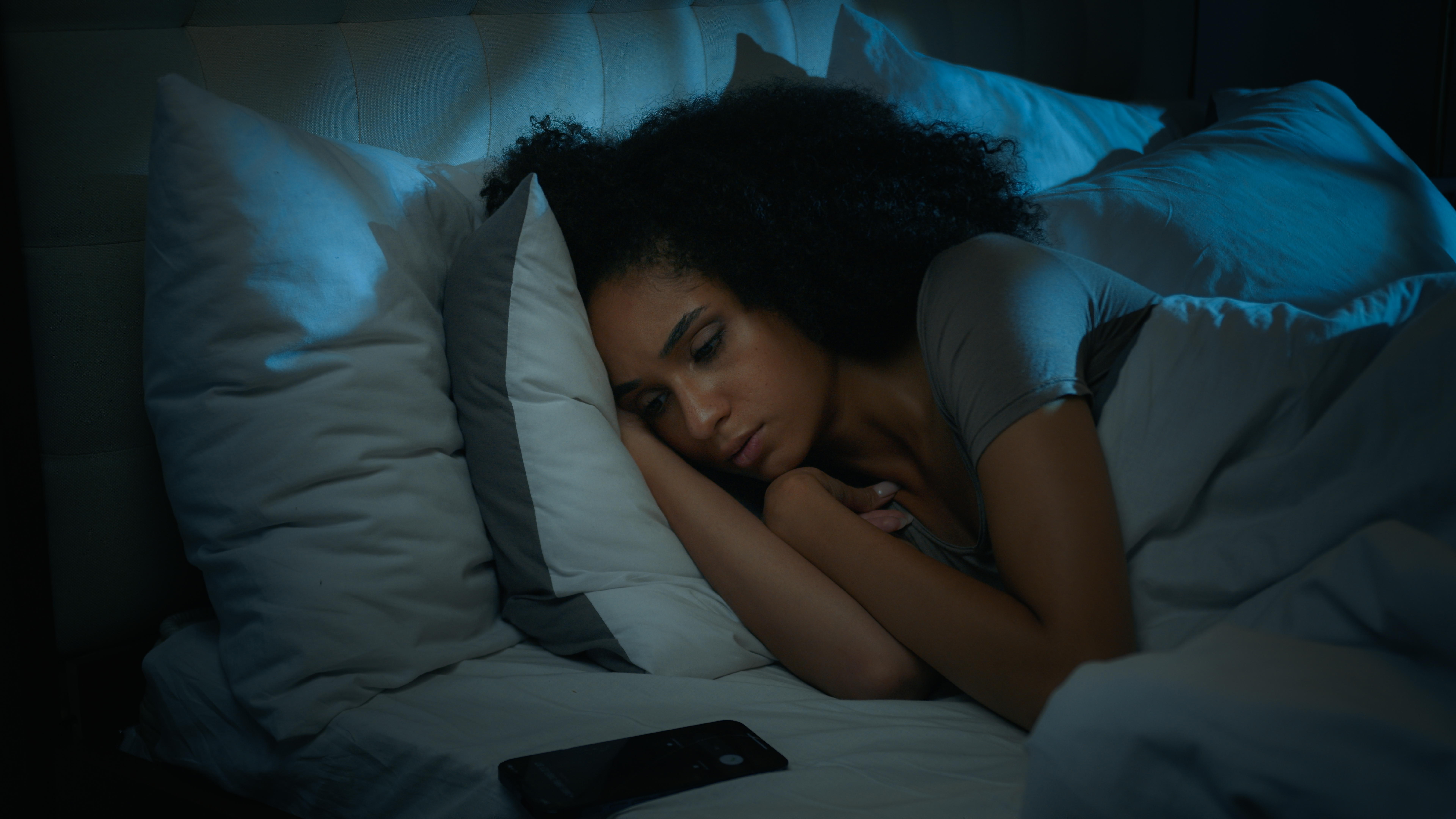10 Ways Late-Night Screens Ruin Your Sleep And Health
Taking Control of Your Sleep Environment

The night-time hazards of late-night screen glow on sleep rhythm and health are significant and multifaceted. The disruption of circadian rhythms, suppression of melatonin, and resulting sleep disorders have profound implications for cognitive, psychological, and physical health. As we navigate the digital age, it is essential to recognize the impact of screen habits on sleep and take proactive steps to mitigate these effects. By understanding the science of sleep and the role of blue light, individuals can make informed choices about their screen use. Strategies such as establishing a consistent bedtime routine, utilizing blue light filters, and prioritizing natural light exposure can help improve sleep quality and overall well-being. Public health initiatives and future research play a crucial role in raising awareness and providing resources to support healthy sleep habits. Ultimately, taking control of your sleep environment and prioritizing sleep hygiene in the digital age is essential for maintaining health and well-being. By making conscious choices about screen use and adopting healthy sleep practices, individuals can protect their sleep and enjoy the benefits of restful, restorative sleep. As we continue to learn and adapt to the challenges of the digital age, prioritizing sleep remains a fundamental aspect of a healthy lifestyle.
